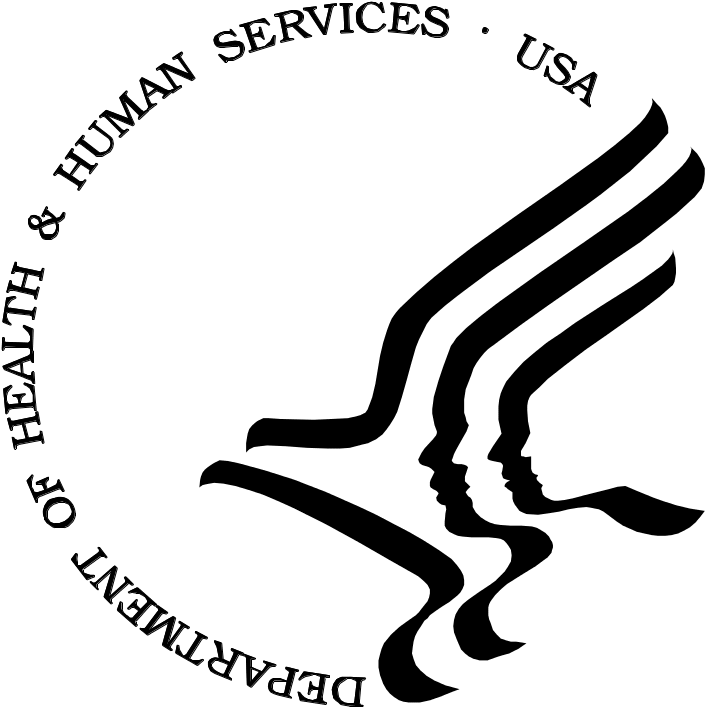Justification
QDRL OMB-10-day letter-NCHS Website Usability Study.doc
NCHS Questionnaire Design Research Laboratory
Justification
OMB: 0920-0222
 DEPARTMENT
OF HEALTH & HUMAN SERVICES Public
Health Service
DEPARTMENT
OF HEALTH & HUMAN SERVICES Public
Health Service
Centers for Disease Control and Prevention
 National
Center for Health Statistics
National
Center for Health Statistics
3311 Toledo Road
Hyattsville, Maryland 20782
May 05, 2010
Margo Schwab, Ph.D.
Office of Management and Budget
725 17th Street, N.W.
Washington, DC 20503
Dear Dr. Schwab:
The staff of the NCHS Questionnaire Design Research Laboratory (QDRL) plans to conduct usability testing on the NCHS website at the National Conference on Health Statistics in August 2010 under (OMB No. 0920-0222, exp. 03/31/2013).
We propose to advertise for volunteer participants through the conference registration form, the conference website, and through flyers at the registration desk.
Proposed project: NCHS Website Usability Testing
This project will conform to the usual cognitive interviewing techniques that have been described in our generic package.
The National Conference on Health Statistics, previously called the Data Users Conference, is a conference that occurs every two years and provides NCHS data users the opportunity to view the latest NCHS research and data products. Previous testing of the NCHS website was performed by Computer Psychology, Inc. at the last conference in August of 2008. This new testing by the QDRL will repeat some of the previous testing and conduct testing of new web pages on the NCHS website.
Our goal is to recruit 30 respondents (aged 18 years and over) who attend the conference in order to conduct usability testing on the NCHS Website. We hope to recruit respondents with a broad range of experience using the NCHS Website. In addition, we hope to recruit respondents with some demographic variety (particularly in terms of gender, ethnicity, race, and education).
Respondents will be asked about their interest in participating in the usability testing of the NCHS website when they register through the conference website using the following language “We are conducting a usability test on the NCHS website throughout the conference. Please indicate your willingness to participate in a one-hour session by checking the box below. You will be contacted to set up your study time prior to the conference.” A flyer may also be posted on the conference website (Attachment 1a). Finally, flyers will be posted at the registration desk (Attachment 1b).
Interviews will be conducted by QDRL staff members in a private room at the conference with as many as 30 respondents for 60 minutes each. With the consent of the participants, the interviews will be recorded on videotape. Participants will be informed of taping procedures (including observation if applicable) in the process of reviewing the consent forms, and the equipment will be turned on once it is clear that the procedures are understood and agreed upon.
The interviewer guide for the NCHS Website Usability Testing is shown in Attachment 2. Respondents will be asked to think out loud while completing the scenarios. Interviewers will also ask emergent probes to better understand how respondents completed the tasks. Examples of the sorts of probes that may be asked at the interviewer’s discretion include:
Could you tell me what you were thinking about when you click on [link]?
Could you tell me what [term] means to you?
Was this task easy or hard to complete? Why?
Interviewers may use some or all of these probes, depending upon the content of the interview and how much information the respondents reveal without being prompted. In some interviews, probes will be administered throughout the interview, and for others they will be administered after completing the questionnaire.
In addition, special software will be installed on the computers to record information such as the keystrokes and amount of time that the respondents use to complete the tasks. Once all of the tasks are completed, the interviewer will ask the respondent to complete a questionnaire with a few brief closed-ended questions about their experience. At the end of the interviews, participants will be paid and provided with copies of all papers they signed.
We propose paying participants $40, which is our standard payment. In total, for this project, the maximum respondent burden will be 30 hours of interviewing in addition to travel time. An updated burden table for this project is shown below:
-
Projects
Number of
Participants
Number of
Responses/
Participant
Average hours
per response
Response
burden
QDRL Interviews
1) NCHS Surveys
30
1
1
30
Attachments (2)
cc:
M. Moien
M. Daneshvar
S. Perryman
| File Type | application/msword |
| File Title | DEPARTMENT OF HEALTH & HUMAN SERVICES |
| Author | krs0 |
| Last Modified By | mxm3 |
| File Modified | 2010-05-05 |
| File Created | 2010-05-04 |
© 2026 OMB.report | Privacy Policy